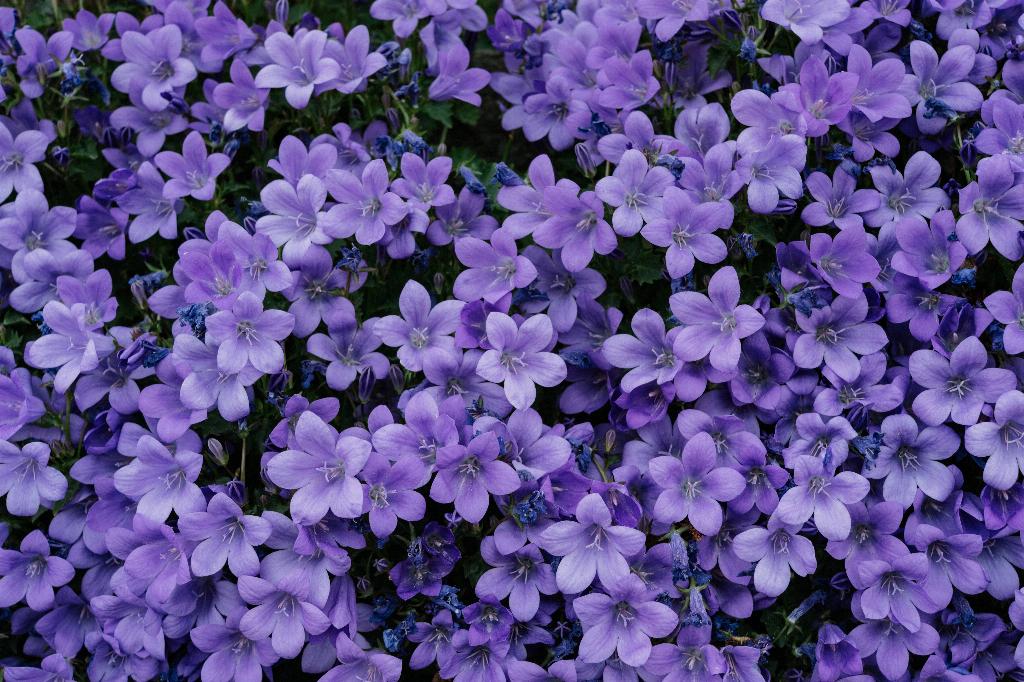Chickens are known to have diverse dietary preferences, and exploring the safety and benefits of adding various foods to their menu is crucial for their overall health and well-being. One common query amongst poultry keepers is whether chickens can consume lilacs, and the answer is a resounding yes! Lilacs, in various forms, can be a delightful addition to your flock’s diet.
The Edibility of Lilacs
Lilacs, in all their colorful splendor, are not only pleasing to the eye but are also safe for consumption by both humans and chickens. These beautiful flowers possess edible qualities that can be beneficial for your feathered friends. In fact, lilacs can aid in digestion and provide a unique flavor profile that chickens seem to enjoy.
Benefits of Lilacs for Chickens
When it comes to the nutritional value of lilacs for chickens, these flowers offer more than just a pretty sight. Lilacs can serve as a natural and healthy treat for your poultry, contributing to their overall diet diversity. In addition, incorporating lilacs into their feeding routine can help promote a sense of foraging and exploration, mimicking their natural behaviors.
Delicious Lilac Creations
While your chickens may be content with munching on fresh lilacs straight from the bush, there are also creative ways to incorporate these flowers into their diet. From making lilac-infused jelly with a delightful floral aroma to crafting homemade soaps enriched with lilac essence, the culinary possibilities are endless when it comes to incorporating lilacs into your flock’s diet.
Expert Insight on Lilacs for Chickens
Renowned poultry expert Lisa Steele, founder of ‘Fresh Eggs Daily®’, emphasizes the suitability of lilacs for chicken consumption. With her wealth of experience in raising healthy and happy chickens, Steele advocates for the inclusion of lilacs as part of a balanced diet for poultry, highlighting their digestive benefits and palatable appeal to chickens.
Varieties of Edible Flowers
While lilacs are a popular choice for feeding chickens, they are just one of many edible flowers that can enhance your flock’s diet. Exploring a variety of blooms such as marigolds, nasturtiums, and pansies can provide your chickens with a diverse range of flavors and nutrients, enriching their culinary experience and promoting their overall health.
Foraging Behavior and Enrichment
Introducing lilacs and other edible flowers into your chickens’ diet can also encourage foraging behavior and mental stimulation. By allowing your flock to explore and peck at different plants, you are supporting their natural instincts and providing them with a source of enrichment that can prevent boredom and promote their general well-being.
Cautions and Considerations
While lilacs are generally safe for chickens to consume, it is essential to exercise caution and moderation when introducing new foods into their diet. Monitor your flock’s response to lilacs and observe any potential allergic reactions or gastrointestinal issues that may arise. Additionally, ensure that the lilacs you feed your chickens have not been treated with pesticides or other harmful chemicals.
Consulting with a Veterinarian
If you have any concerns or questions regarding the suitability of lilacs for your chickens, it is advisable to consult with a poultry veterinarian or a knowledgeable poultry expert. Seeking professional guidance can help ensure that you are making informed decisions about your flock’s diet and overall care.
Conclusion
In conclusion, the answer to “Can Chickens Eat Lilacs?” is a definitive yes. Lilacs can be a delightful and nutritious addition to your chickens’ diet, providing them with a natural treat that promotes foraging behavior and diversity in their feeding routine. By incorporating lilacs into your flock’s diet in a safe and mindful manner, you can enrich their culinary experience and contribute to their overall health and happiness.

